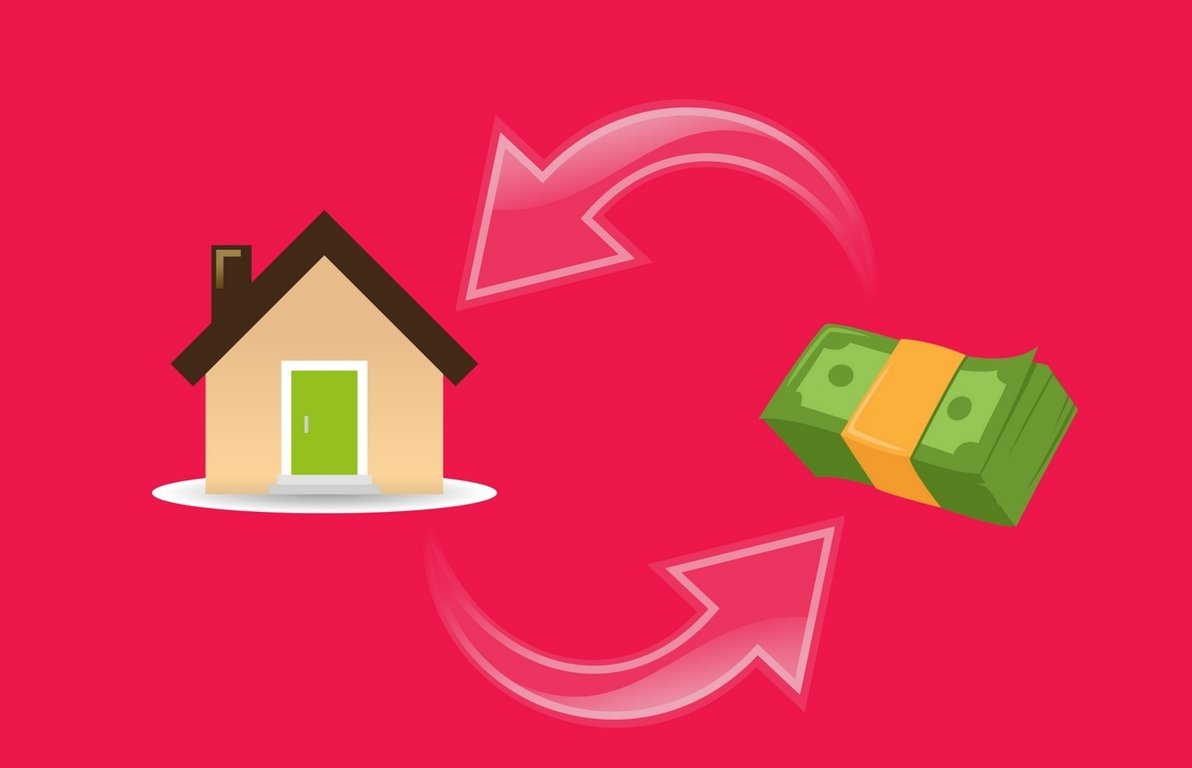Table of Contents Show
There are multiple reasons why a bank denies your mortgage application and the best way to understand why is to know what they look out for.
Whether you’re planning to purchase a home or are already in the planning stages, it is very crucial to know this information.
One of the major reasons why there is a screening for mortgage affordability is because banks need to ensure you can pay back.
Hence, the reasons why the next set of criteria we will be discussing is essential.
Below are what banks look for when assessing your mortgage affordability;

Employment
Being gainfully employed is a crucial part of securing a mortgage, and banks will often consider this a proof of income.
However, it isn’t enough to just be employed, but the type and length of employment are also important.
If you’ve only been employed for a couple of months or are self-employed, then it might be challenging for your loan to be approved.
However, if you have been gainfully employed in a company for a couple of years, it will be fairly easy.
Income
Your monthly income is easily the first factor banks consider before granting you a loan.
Although this doesn’t mean you need a high income to qualify for a loan, it can influence the amount you get.
So if you are looking to secure a mortgage worth a lot of money, you need more income.
Banks will typically consider your monthly income from salary, bonuses, dividends, and interests.
The higher your income, the higher your chances of getting approval for your mortgage.
One way that you can ascertain if you can qualify for a loan is to purchase a home when the taxes, mortgage, and insurance sum up to one-third of your monthly income.
Banks will be ready to approve your loan when the payments fall within or below this range.
Credit Score
Banks consider your credit score to ascertain the risks involved with accepting your mortgage.
Credit score falls between 300-850 and the higher it is, the better your chances of securing a mortgage from the bank.
There are a variety of metrics that are considered to ascertain your credit score. They are;
Your Payment History
How often you pay your credit cards monthly will affect your credit score. If you pay up your debts on time, then your credit score will remain high.
Credit Utilization
If you use your available credit too often, your credit score will be very low.
For instance, if your available credit balance is $7,000 and you spend $6,300 you will have 90% credit utilization. It’s always better to have a lower credit utilization.
Aside from these metrics, the longer you pay back loans and balances, the higher your credit score will be.
Expenses
Banks will not only consider your credit score but also your expenses. Banks will typically assess your monthly expenses and consider which income is not needed to pay necessities and bills.
The more income you dedicate to paying off different expenses, the less chance you have of securing a mortgage.
Banks will consider two different ratios to determine how much money you can borrow;
Gross Debt Service Ratio
This refers to the amount of monthly income that goes to paying off your housing costs. Your GDS ratio should be ≤35%.
Total Debt Service Ratio
The total amount of your income that goes to paying off your housing costs and any other debts. The preferable figure for your TDS Ratio is ≤42%.
Read Also:
Current Loans
If you have ongoing debts that might affect your mortgage payment plan, this will be a concern for banks.
Long-term or ongoing loans such as student loans or car notes are common and expected debts.
However, if it interferes with your mortgage payment, it will affect your loan eligibility.
On the other hand, if you earn a lot of income to afford all the payments, then you could secure a loan.
Assets & Liabilities
Banks assess the risks involved in approving your mortgage, and your liabilities & assets are crucial to their decision.
Your assets are vehicles, homes, superannuation, and any other properties that do not lose value over time.
Your liabilities include credit cards, loans, and any other debts. Comparing your assets and liabilities will help banks form a final decision about your application.
Amount of Loan
The amount of your loan might also affect your mortgage eligibility. You need to fix your loan amount within the loan-to-value ratio (LVR) proposed by the bank.
If your loan amount does not fit the minimum or maximum limit, your application will likely not be approved.
The Type of Property
The type of property you need a mortgage loan for can also determine if banks will approve your loan.
Banks will typically assess a home to ascertain if they can sell it to retrieve their money if you are late on payments.
Location, size, title, and nature are the factors banks consider for homes.
Percentage of Down Payment
A down payment percentage of 20% gives you a better chance of securing a loan.
Unlike many years ago, banks require at least 20% as a down payment as which means you pose less risk as a homebuyer.
Nevertheless, you can also qualify for a loan with less by using government-insured programs.
With a Federal Housing Administration (FHA) loan, you can make a down payment of 3.5%.
The only condition is that you have to pay for the mortgage insurance. This condition gives the bank a bit of confidence to approve the loan.
The process of securing a mortgage loan has become more difficult compared to several years ago.
Banks have become more conscious of the risks involved in approving mortgage loans.
Hence, you must understand what they look out for in mortgage eligibility.
Proof of income, credit score, debts, assets, and liabilities, are some of the factors banks assess before approving your mortgage.
Consider the list of factors mentioned above before you decide to purchase a home and you can click here for more information.










